Poetry is an echo, asking a shadow to dance
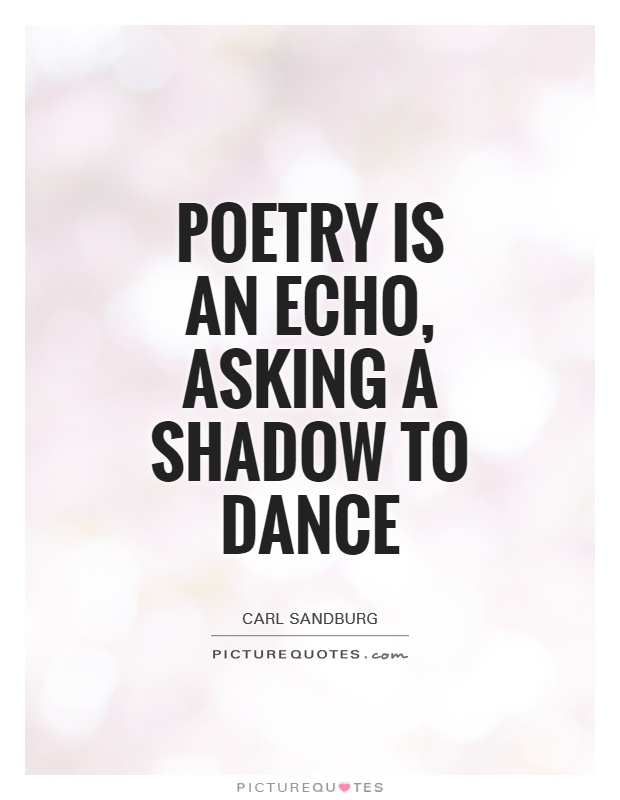
Poetry is an echo, asking a shadow to dance
Carl Sandburg, a renowned American poet, once said, “Poetry is an echo, asking a shadow to dance.” This profound statement captures the essence of poetry as a form of art that seeks to evoke emotions, thoughts, and memories through the use of language and imagery. Sandburg’s words suggest that poetry is a reflection of the human experience, a mirror that allows us to see ourselves and our world in a new light.In Sandburg’s own poetry, we see this idea come to life. His works often explore themes of nature, love, war, and the struggles of everyday life. Through his vivid descriptions and powerful imagery, Sandburg invites readers to see the world through his eyes, to feel the emotions that he felt, and to connect with the universal truths that he uncovers.
One of Sandburg’s most famous poems, “Chicago,” exemplifies this idea of poetry as an echo. In this poem, Sandburg paints a gritty and realistic portrait of the city of Chicago, capturing both its beauty and its flaws. Through his words, we can hear the echoes of the city’s bustling streets, the voices of its people, and the rhythm of its heartbeat. Sandburg’s poetry asks us to dance with the shadow of Chicago, to embrace its complexities and contradictions, and to find beauty in the midst of chaos.
Sandburg’s poetry is also deeply rooted in the American experience. He often wrote about the struggles of the working class, the impact of industrialization, and the changing landscape of the Midwest. Through his poetry, Sandburg gives voice to the voiceless, shining a light on the lives of ordinary people and the challenges they face. His words echo through the generations, reminding us of the power of poetry to inspire, to provoke, and to move us to action.



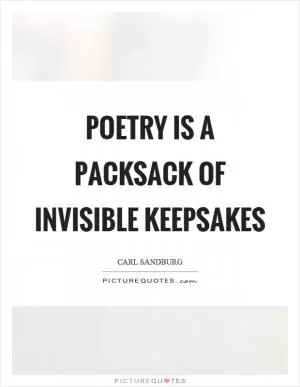
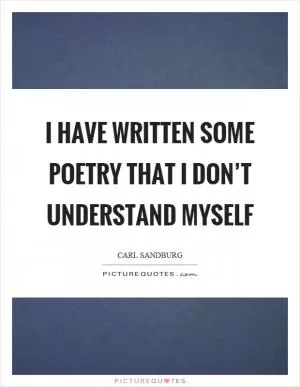
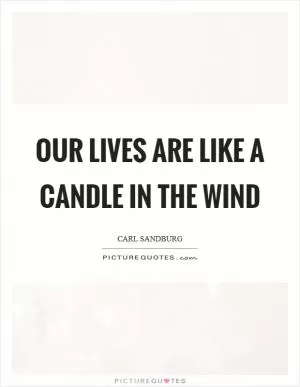
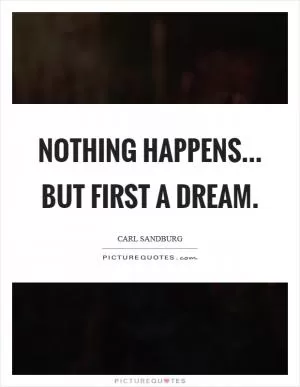
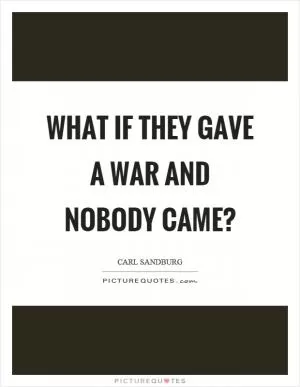
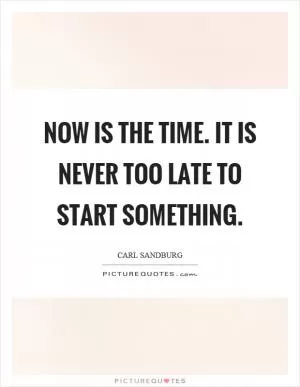
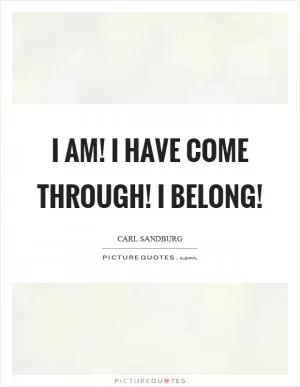
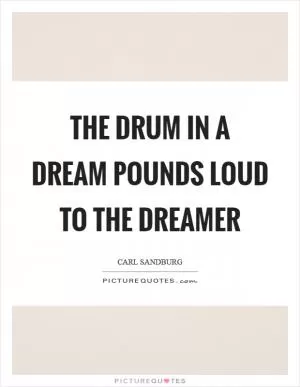
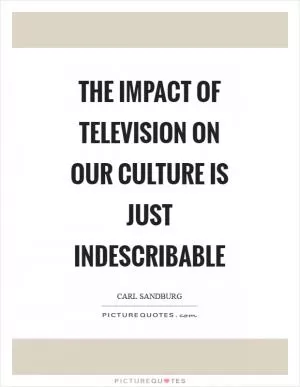
 Friendship Quotes
Friendship Quotes Love Quotes
Love Quotes Life Quotes
Life Quotes Funny Quotes
Funny Quotes Motivational Quotes
Motivational Quotes Inspirational Quotes
Inspirational Quotes